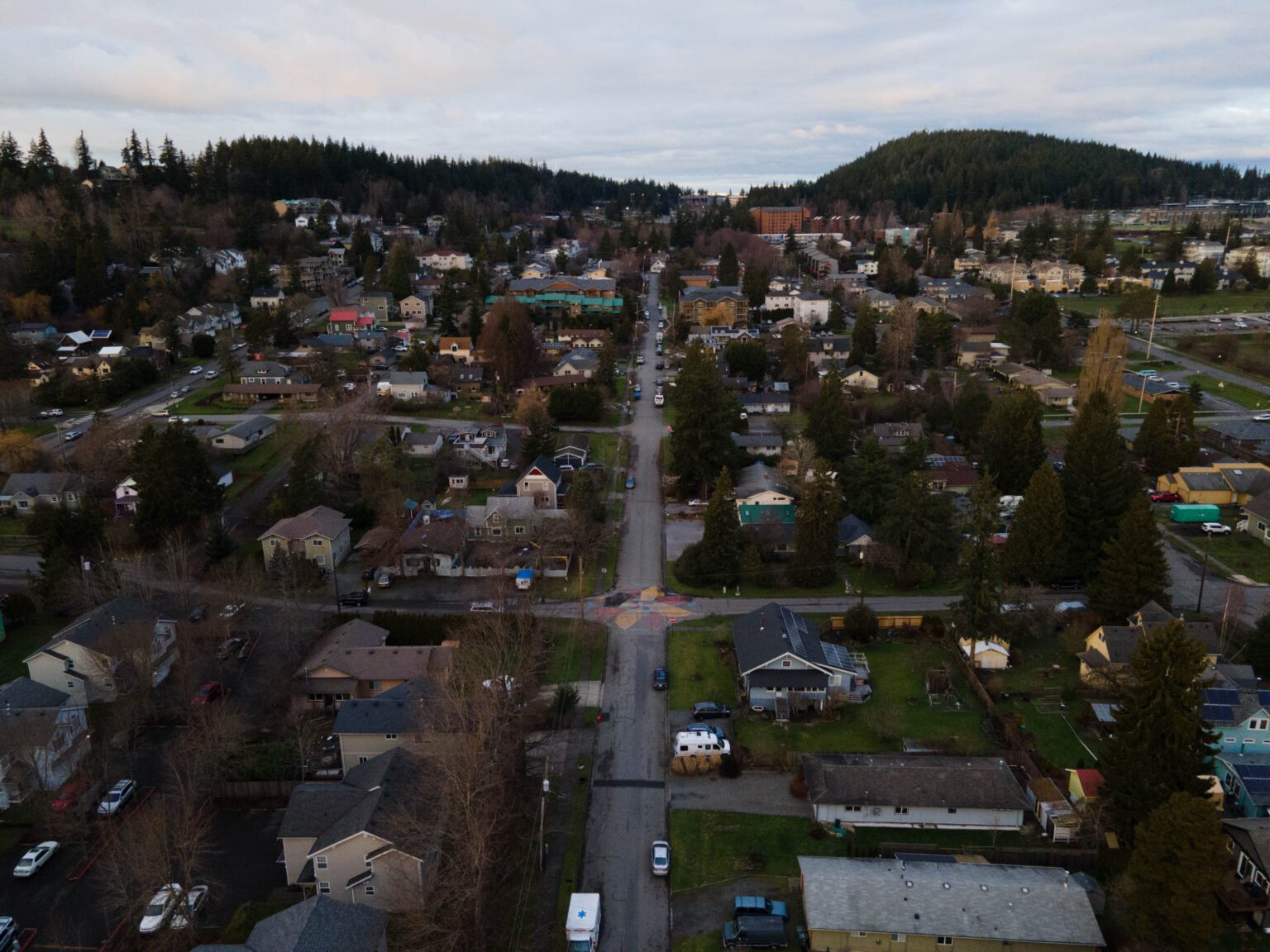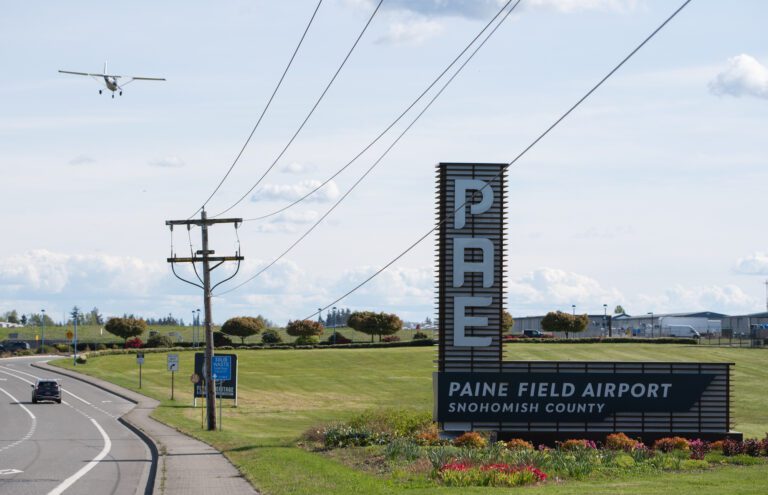Bellingham officials seek public input on some of the biggest social problems the city faces, including homelessness, affordable housing and behavioral health problems.
Comments received by the city over the coming months will inform a new five-year Consolidated Plan, a document the city must deliver to the federal Department of Housing and Urban Development next year to continue qualifying for HUD grants. The plan will outline how the city intends to spend about $7.5 million of its own funds and $1.5 million in federal money annually on housing, health care and related services for Bellingham residents.
The city is accepting comments on an Engage Bellingham webpage that includes a survey about equitable access to housing. Other survey topics will be introduced on the webpage in the coming months, including homelessness prevention, community services and climate resiliency.
The housing survey currently available on the webpage asks respondents to weigh in on a range of policies that could increase affordable housing stock or provide housing opportunities to marginalized groups.
The current Consolidated Plan, written in 2018 and in effect through June 2023, states that housing costs had been increasing much more rapidly than incomes in Bellingham and throughout Whatcom County. The biggest problems related to affordable housing identified in surveys conducted five years ago were that rents had gotten too expensive, and too few jobs paid well enough to enable people to cover housing costs.
Five years ago, 34% of homes in Bellingham were affordable to residents earning the median income in the city, compared to 54% statewide.
These numbers are likely to change in the 2023 Consolidated Plan. The median price for a home in Bellingham in the first quarter of 2022 was $689,000, according to Muljat Group Realtors, compared to $352,700 in 2016.




